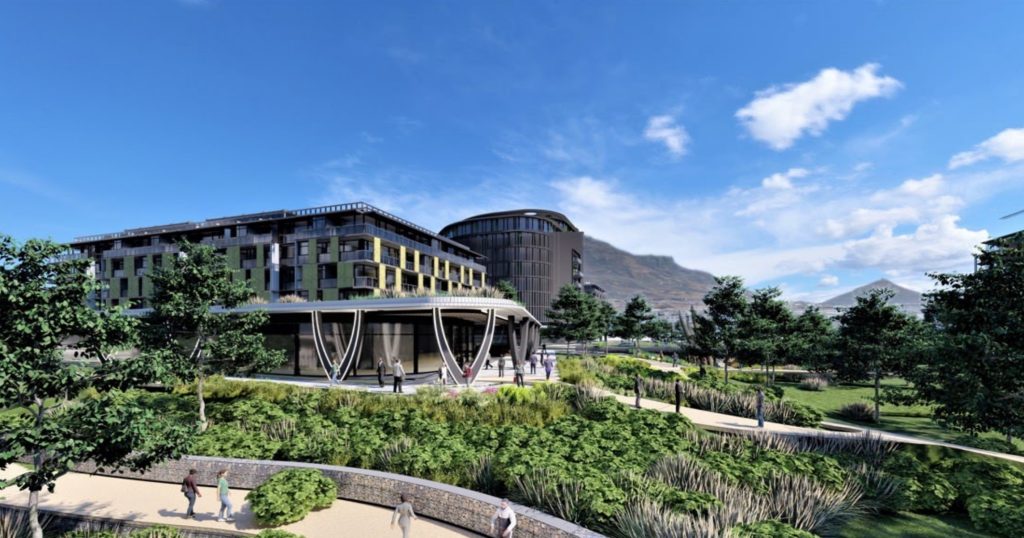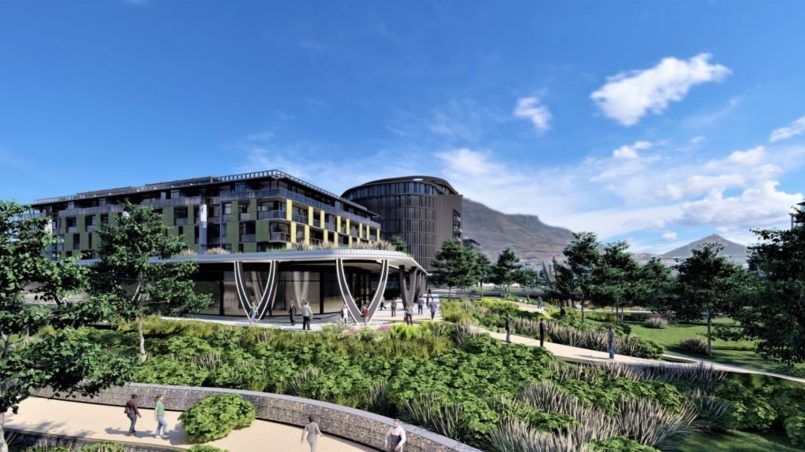The City of Cape Town has accepted a settlement offer by the Observatory Civil Association (OCA) for the complete and final cessation of all legal action regarding the Amazon River Club development dispute.

“The City is pleased with this outcome and the clear message it conveys – that the City will always vigorously defend planning decisions taken correctly, and will act to protect Cape Town’s reputation as a leading global investment destination,” said Mayor Geordin Hill-Lewis.
The settlement follows the Supreme Court of Appeal’s (SCA’s) refusal last month to grant the OCA permission to appeal a Western Cape High Court ruling dismissing an interdict against the River Club development.
The R4.5 billion multi-purpose complex in Cape Town has been in the works for years and is set to house Amazon’s new African headquarters, among other features.
A case was brought before the courts by the OCA and Tauriq Jenkins – who had claimed to represent the Goringhaicona Khoi Khoin Indigenous Traditional Council (GKKITC) – claiming that the site earmarked for the project was of great historical value to First Nations people.
They said that its redevelopment would threaten their heritage while posing an ecological danger to the Liesbeek and Black River confluence and its surrounding environment.
The Western Cape High Court initially ruled in favour of the groups seeking to stop the project from moving ahead, saying that not enough consultation had been done. However, in November 2022, this ruling was overturned by the SCA.
According to the City of Cape Town, contrary to the OCA’s claims, the development project will assist in preserving and protecting First Nations heritage while also adding great economic benefit to affected communities.
Some of these benefits include:
- Rehabilitating a portion of the Liesbeek River;
- Creating high-quality green open space;
- Establishing heritage infrastructure in partnership with First Nations groups;
- Creating more than 5,200 construction jobs and approximately 19,000 employment opportunities;
- Establishing public transport infrastructure;
- Injecting R4.5 billion of direct investment into the local economy; and
- Delivering new residential accommodation, including affordable housing.
Hill-Lewis added that the River Club development is now proceeding based on the conditions of its planning approval, along with the major economic, environmental and heritage benefits for Cape Town and its residents.
Get South Africa’s latest entrepreneurial or business success stories delivered right to your inbox — Sign up to Entrepreneur Hub SA’s newsletter today

eBook: 50 South African Entrepreneurs Reveal HOW THEY MADE IT




